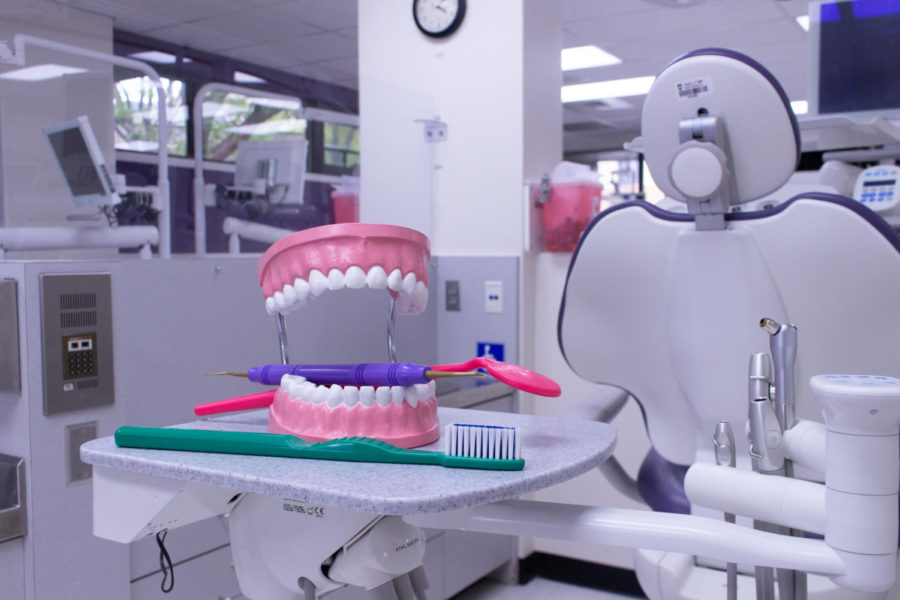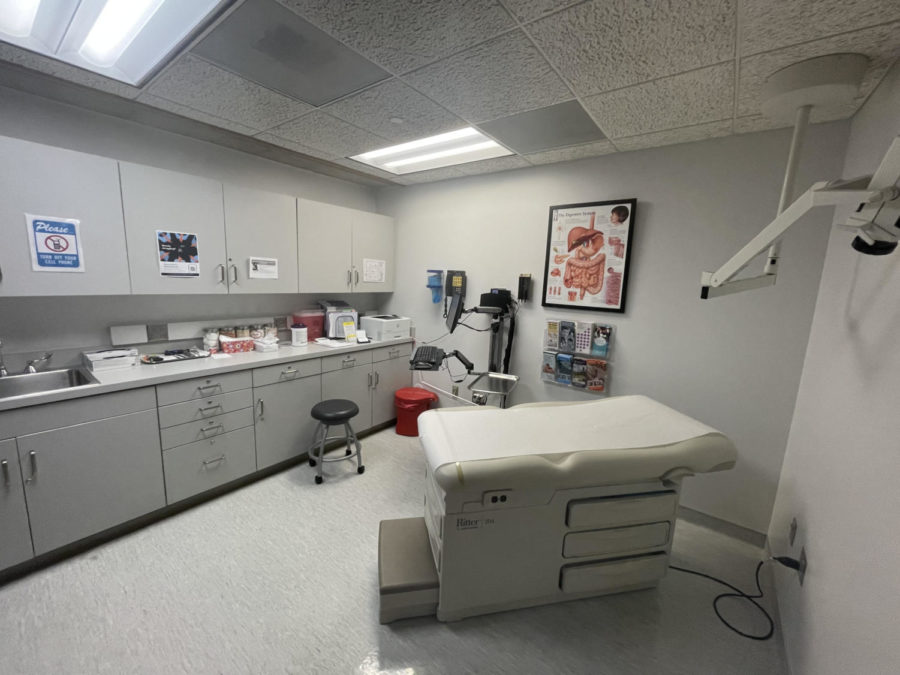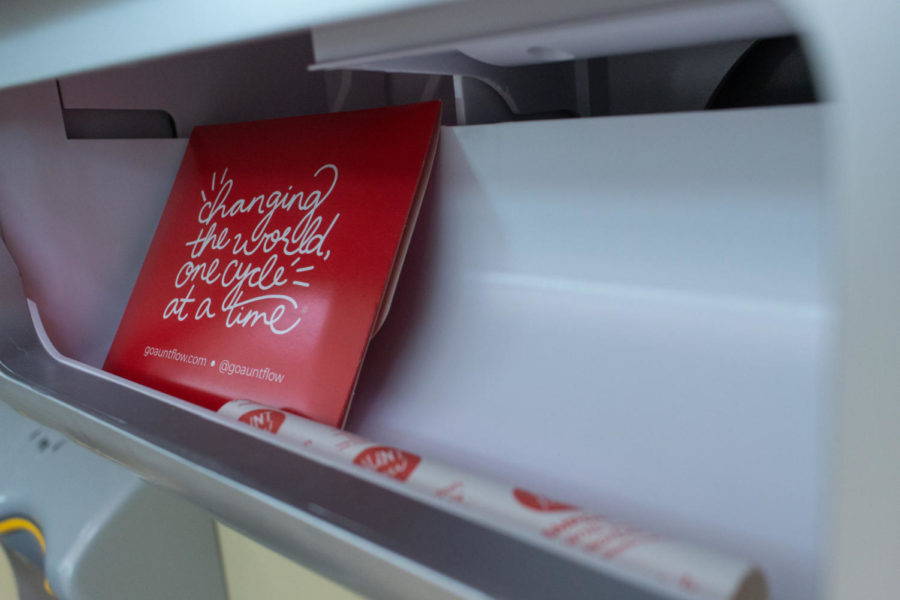
Audrey Forson, a pulmonologist from Ghana, visited Weber State University last week to learn more about respiratory therapy and how to use the knowledge to make Ghana a safer environment.
Forson said she came to WSU to learn and observe the scope of work of respiratory therapists. She also came to look at the training. Forson said the problem is there are no respiratory therapists in Ghana.
“I came to see whether there is something I can take back,” Forson said. “I think it’s a skill that is essential.”
Along with WSU, Forson visited Ogden Regional Hospital and McKay-Dee Hospital to learn more about the hospital setting and how the equipment is used. Forson said that, in Ghana, they don’t have a lot of equipment, and have only one intensive care unit, and she’s working to get more than that over there.
Forson is a former student of the University of Ghana, and said she wants to bring her knowledge to the school to create a better education system for respiratory therapy.
Lisa Trujillo, associate professor in respiratory therapy, has been going to Ghana since 2006, bringing teams of students on the trips to help. They have had some success in China with respiratory therapy and want to bring that to Ghana.
“We can see, as therapists, that the things we do here to help care for our patients are not certainly done there,” Trujillo said. “Her coming here allows her to see our scope of practice.”
Trujillo showed Forson the things the department does in acute care, non-acute care, long-term care, pulmonary habit and sleep-testing, so that Forson could take them back and apply them to her practice in Ghana. Simulations were shown in class where students dealt with different situations of babies born with problems breathing or bleeding, and they used techniques to keep the babies alive.
The air in Ghana is toxic due to lifestyle. Coal or wood is used to cook food in mud huts, creating unclean air in the rural areas. In the bigger cities, diesel is the main source of fuel, and there are no emissions. Plastic is burned to get through to copper wires so that people can sell them to make money to feed their families.
Trujillo said they provide ways in the hospital setting to help remove secretion from the patients’ lungs and prevent pneumonia. They do different manipulations to help improve lung health.
“There are things that we can teach them in a hospital setting before we introduce expensive equipment,” Trujillo said.
Equipment has been shipped over to Ghana, including an ambulance, resuscitation supplies, education books and other respiratory equipment. Currently, there is a warehouse full of supplies, but sending the supplies is too expensive. Trujillo said it’s been fortunate that the department has donors to help get these things shipped out.
“We thought that we would coordinate with this international fellow and bring her over to the university,” said Paul Erberle, chair of respiratory therapy at WSU.
Erberle has also gone on trips with Trujillo to teach techniques as simple as hand-washing. He has helped teach people how to prevent lung disease with other simple techniques like wearing masks.
Erberle said that each year, students go out on trips to help with the effort, and it’s growing every year.
“People hear about these experiences and they want to go,” Erberle said. “It’s growing beyond what we initially planned.”
Erberle said there was a 13-year-old in Africa who said he wished every American could spend time in Africa.
“It’s that kind of an experience that’s really out of this world,” Erberle said. “It’s really something.”
Forson will be in New Orleans for a short time and will return to Ghana with her new knowledge. Trujillo will bring students on another mission trip to Ghana in the spring of 2013.




















